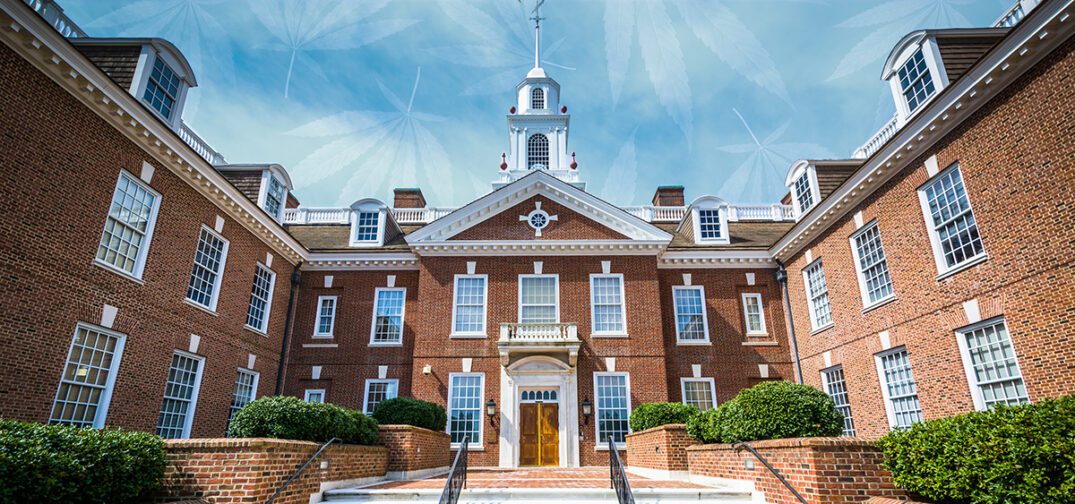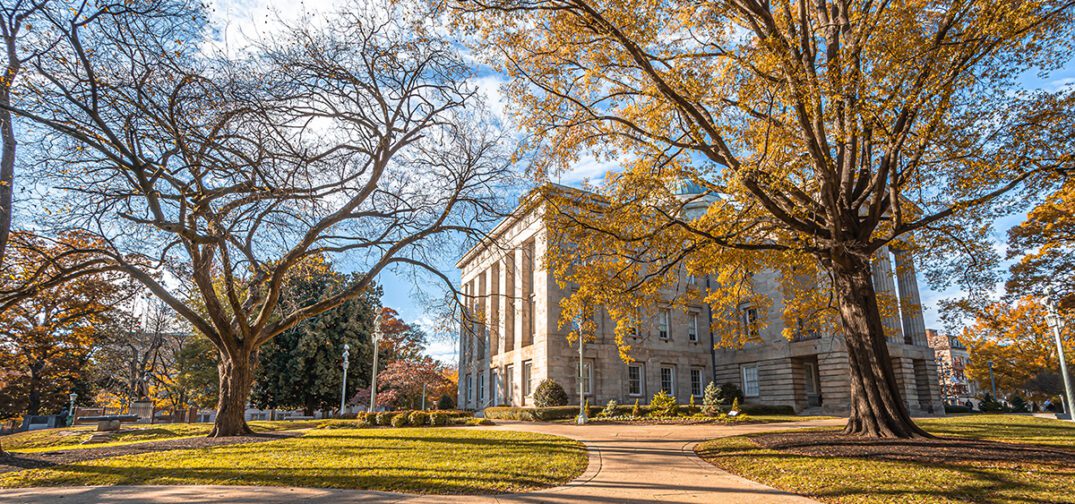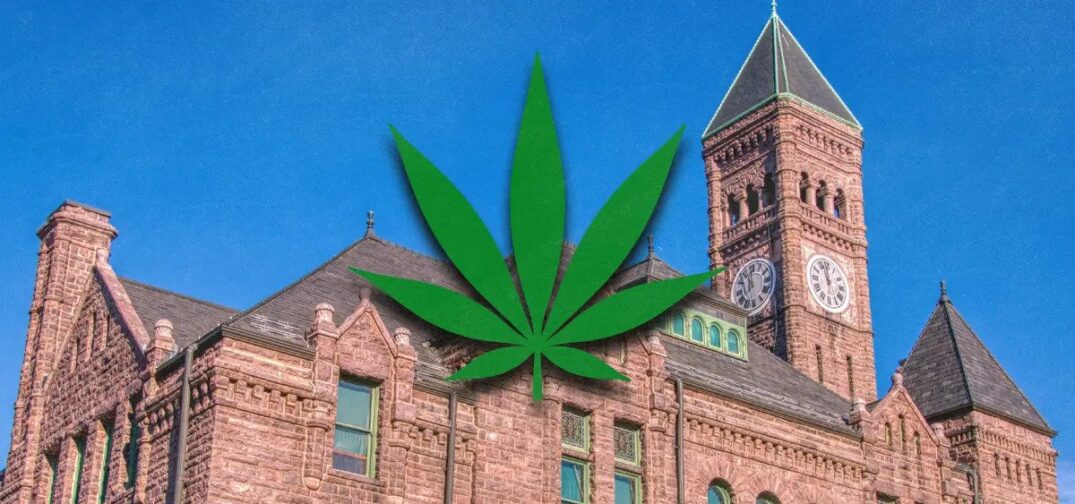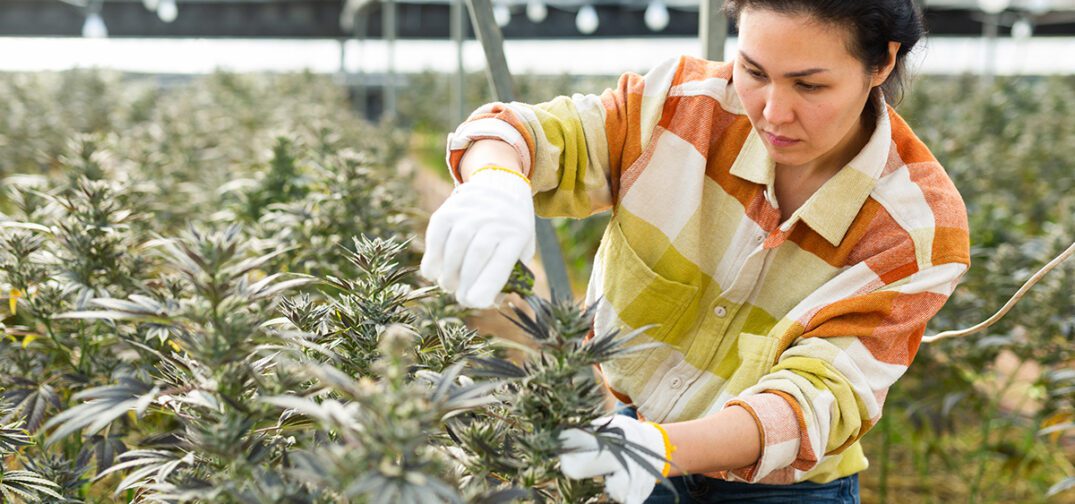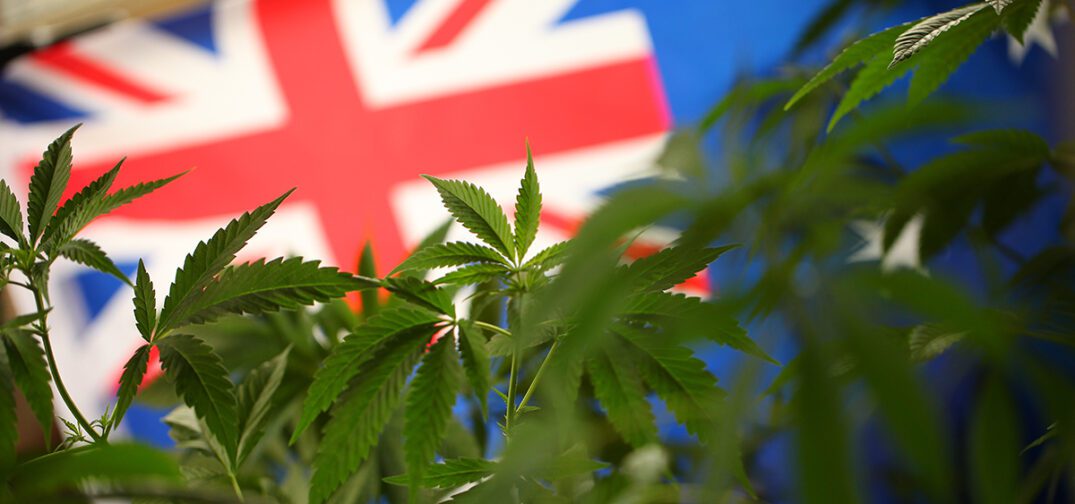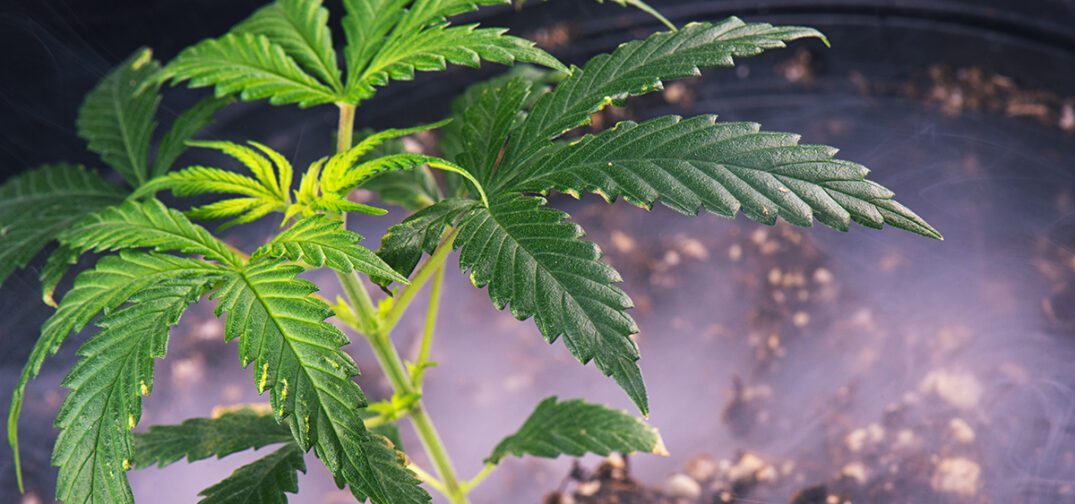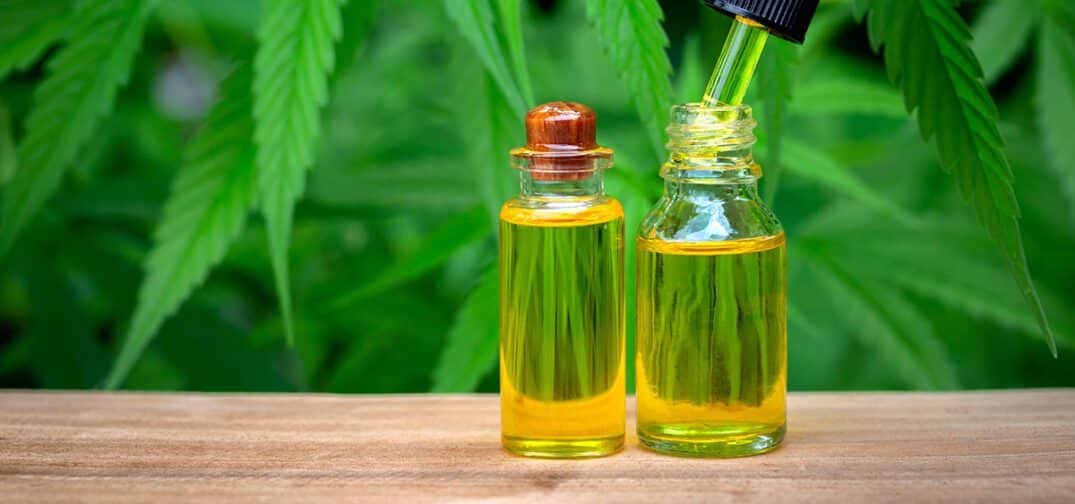Blue River was founded in California as a cannabis-derived terpene company in 2015 by master extractor and inventor Tony Verzura. The company quickly took the then-nascent industry by storm and has since grown into a multi-state operation. In Spring 2023, the Blue River flagship retail store will open in Cambridge, Massachusetts. In the wake of its growth, Blue River remains family-owned and its business model centers on clean, innovative cannabis products.
Just after founding Blue River Terps, Verzura met his wife Jessica Pelletier, an entrepreneur who was working as a cannabis business consultant specializing in M&A, compliance, licensing, and general business strategy. When she met Verzura, Blue River was a Northern California brand beloved by consumers and revered by hash heads. The craft brand had a big following, and Verzura handled every detail of the business personally. When Pelletier joined the team, she saw an opportunity to pivot the business model to avoid the issues facing many family-owned Northern California cannabis companies. Knowing what she did about IP royalty leasing and brand expansion, Pelletier pitched a new direction for the operation.
Blue River shifted from a manufacturing company to a tech company in 2018. They lease their intellectual property to cannabis businesses with infrastructure proven to put products on retail shelves. “It completely changed our business model and really brought us mainstream, especially on the East Coast,” Pelletier said. “We were the first West Coast brand to launch in Florida and the East Coast in general. We partner up with MSOs that hold the same values as us, especially in the space of women-owned, women-led, commitment to diversity, and upholding the values in terms of the manufacturing side and not cutting corners in the cultivation.” The Blue River IP lease includes live rosin, vape carts, and patent-pending CBN but what is offered to consumers varies by state.
When implementing Blue River IP in new facilities, Verzura and the team are hands-on to ensure quality and brand continuity. Labs manufacturing Blue River products maintain constant communication with the cannabis inventor as he continues to R&D new products. Verzura is always testing new products like boba and astronaut ice cream. Pelletier describes eating five-star meals together and watching his mind race as it considers new flavors and methods with which to pair the cannabis terpenes. Some Verzura inventions can only be copped at pop-ups, some make it into the leasable product line, and some will only be available at Blue River farm-to-table dispensaries.
Eventually, Blue River’s founders were ready to differentiate the market and establish their own flagship retail dispensary. After five years spent pursuing a license and space in Cambridge, Massachusetts, the project is finally set to launch. Pelletier describes it as the culmination of their careers: “We are offering an entirely different dispensary experience. We’re launching ourselves as a farm-to-table destination dispensary.”
As they plan logistics, one primary concern is ensuring customers can find the same products every visit. This is an issue in many markets. In Washington state, for example, I am lucky to find the same flower product available at my neighborhood dispensary two visits in a row. Blue River plans to alleviate this common issue in Massachusetts by utilizing access to IP partner Trulieve’s supply chain. In addition, Verzura has been studying the plant for decades and has dialed in which genetics perform best in hash and which will push out quality flower to package. This knowledge is used to maximize quantity and quality while minimizing R&D time. All products available in Blue River will be completely solventless, and many will be Blue River originals. “We will be offering our signature line of products, so everything that made us famous on the West coast will only be available in our store,” Pelletier said. The store will carry other hand-selected Massachusetts brands with fifteen percent of shelf space reserved for economic empowerment and social equity companies.
The commitment to social equity carries over into staffing: Blue River hiring practices have always focused on those who have been directly harmed by the war on drugs through incarceration or familial incarceration. “It really plays into everyone’s desire to give back to the community that built us all. Anyone who is in the cannabis space, kind of like an OG, they started in that illicit market. So I think that it’s really important to not lose sight of where everybody got their roots from, to not lose sight that not everyone isn’t as lucky to make it out unscathed and have a flourishing business,” Pelletier said. “That’s why I feel that the hiring requirements and economic empowerment aspect of our business is really important. Not only do we get to make this incredible store that is very unique in concept and the first of its kind, but we also get to give back to the direct community through our hiring and incubator requirements of the state.” The company also focuses on hiring veterans, LGBTQ+, people of color, people with disabilities, and women.
Blue River is a Northern California cannabis success story that can be credited to recognizing their unique commodity and pivoting towards growth. Find Blue River products near you and check out the product line at blueriverterps.com. As for their flagship Massachusetts store, doors are expected to open sometime in March 2023 followed by a second location in Somerville.
